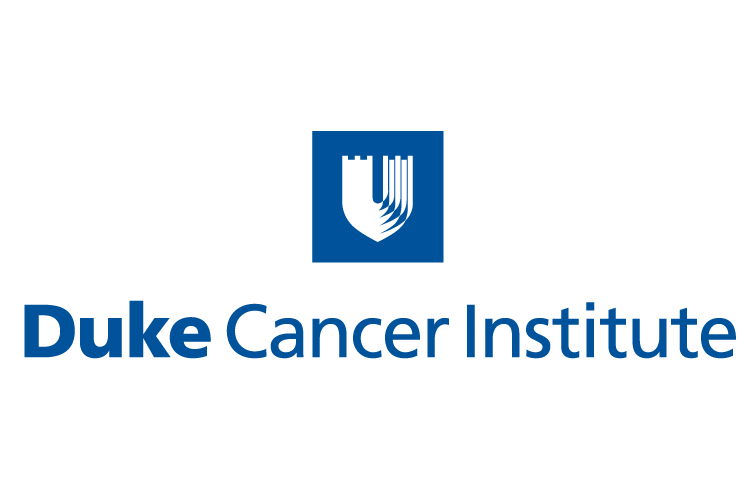Overview
Research in the Cancer Risk, Detection, and Interception program includes basic, population, clinical, and translational research. Strengths include complementary approaches spanning cancer epidemiology, exposures, and genetics, to promote early intervention and avoid cancer progression. Collectively, the program aims to drive discovery and advances in novel biomarker identification, risk assessment strategies, early detection, and cancer interception.
Globally, the Cancer Risk Detection and Interception program seeks to provide the infrastructure and opportunities to facilitate collaborative research among its members and across the Duke Cancer Institute. Through these collaborations, the members aim to disseminate new knowledge and reduce the burden of cancer regionally and beyond.




